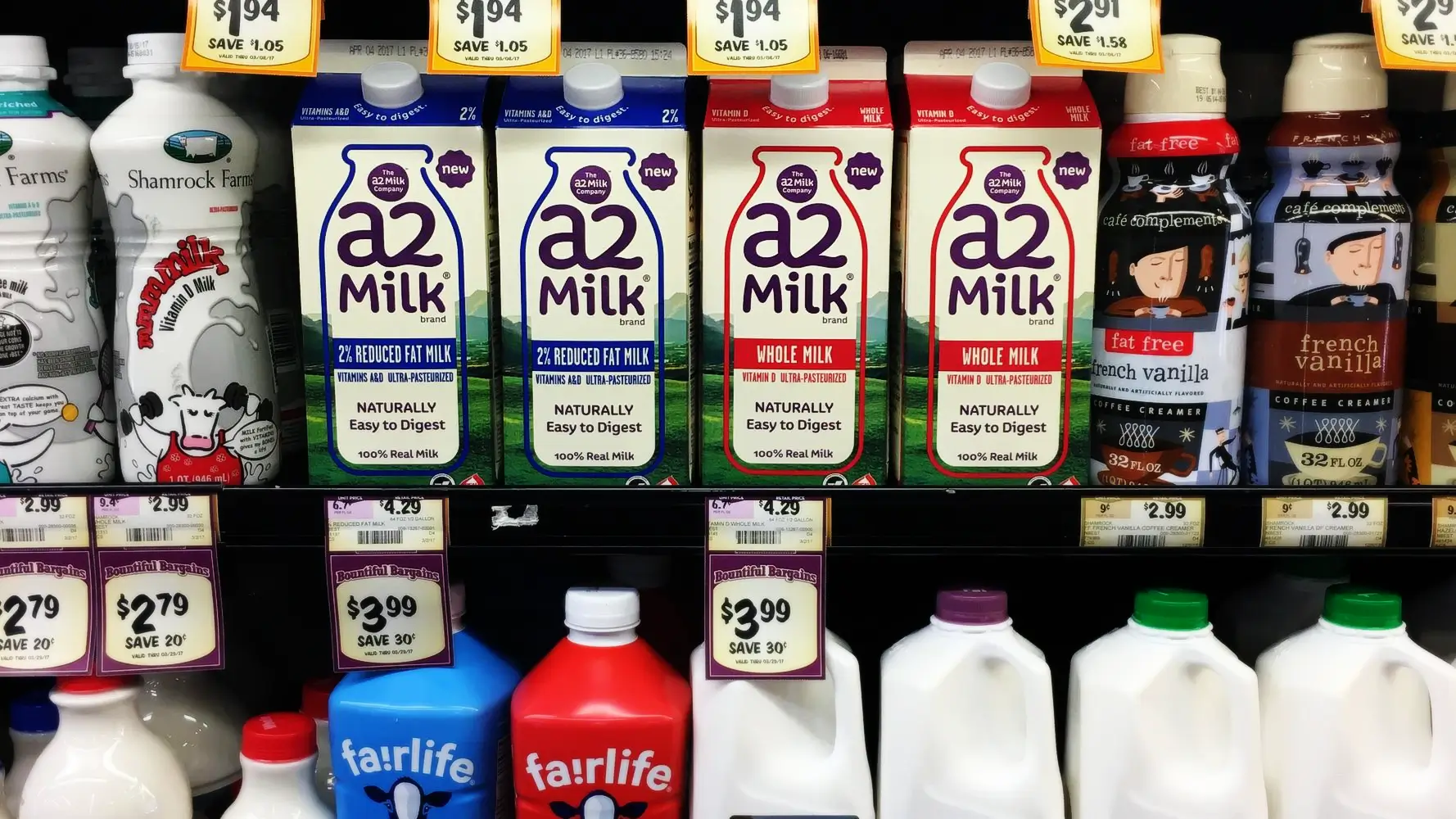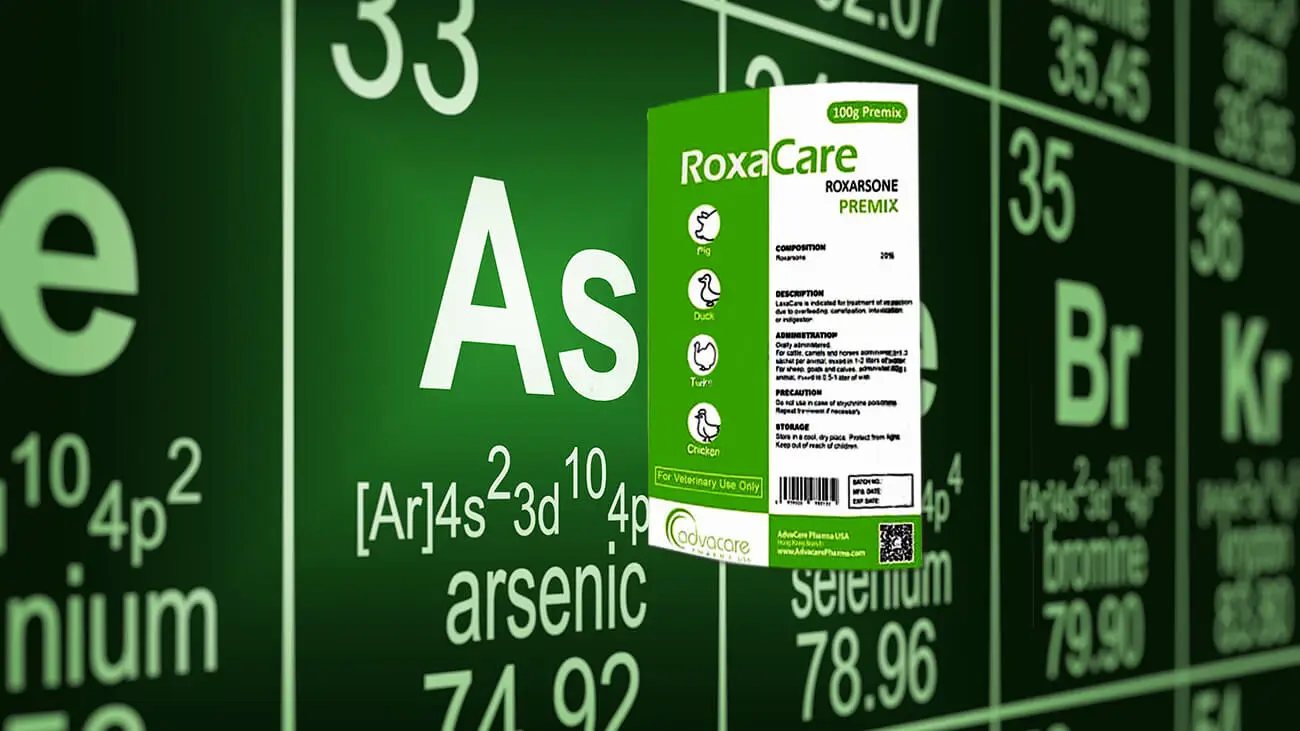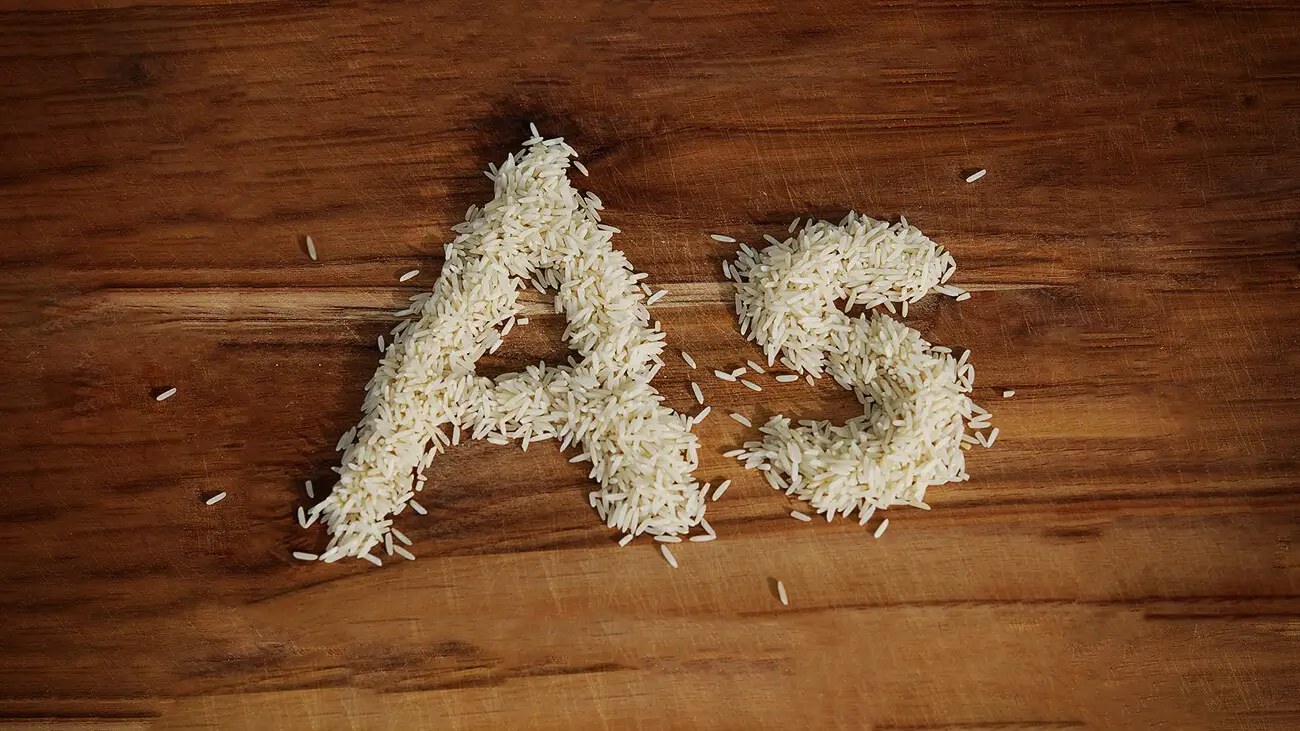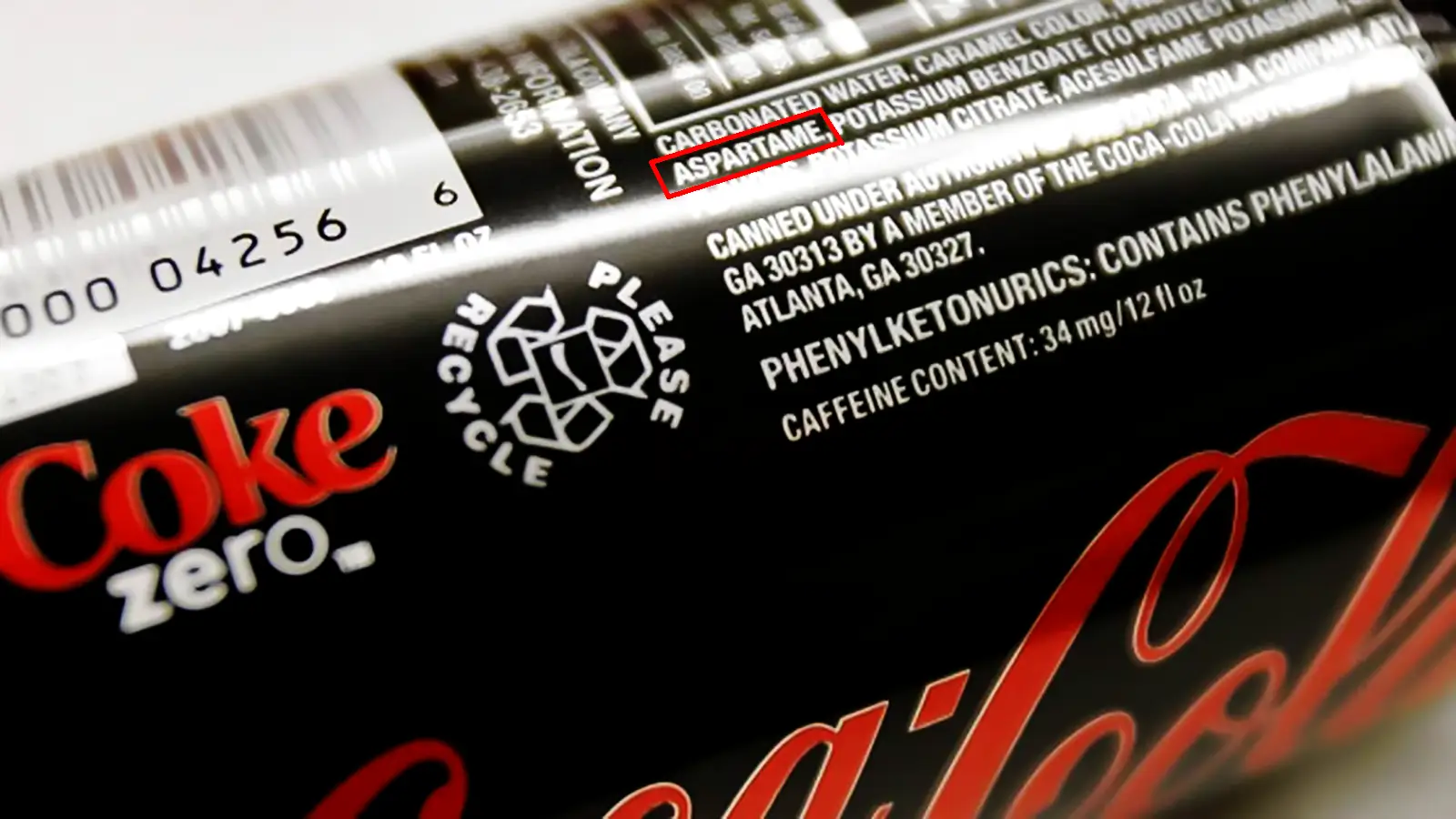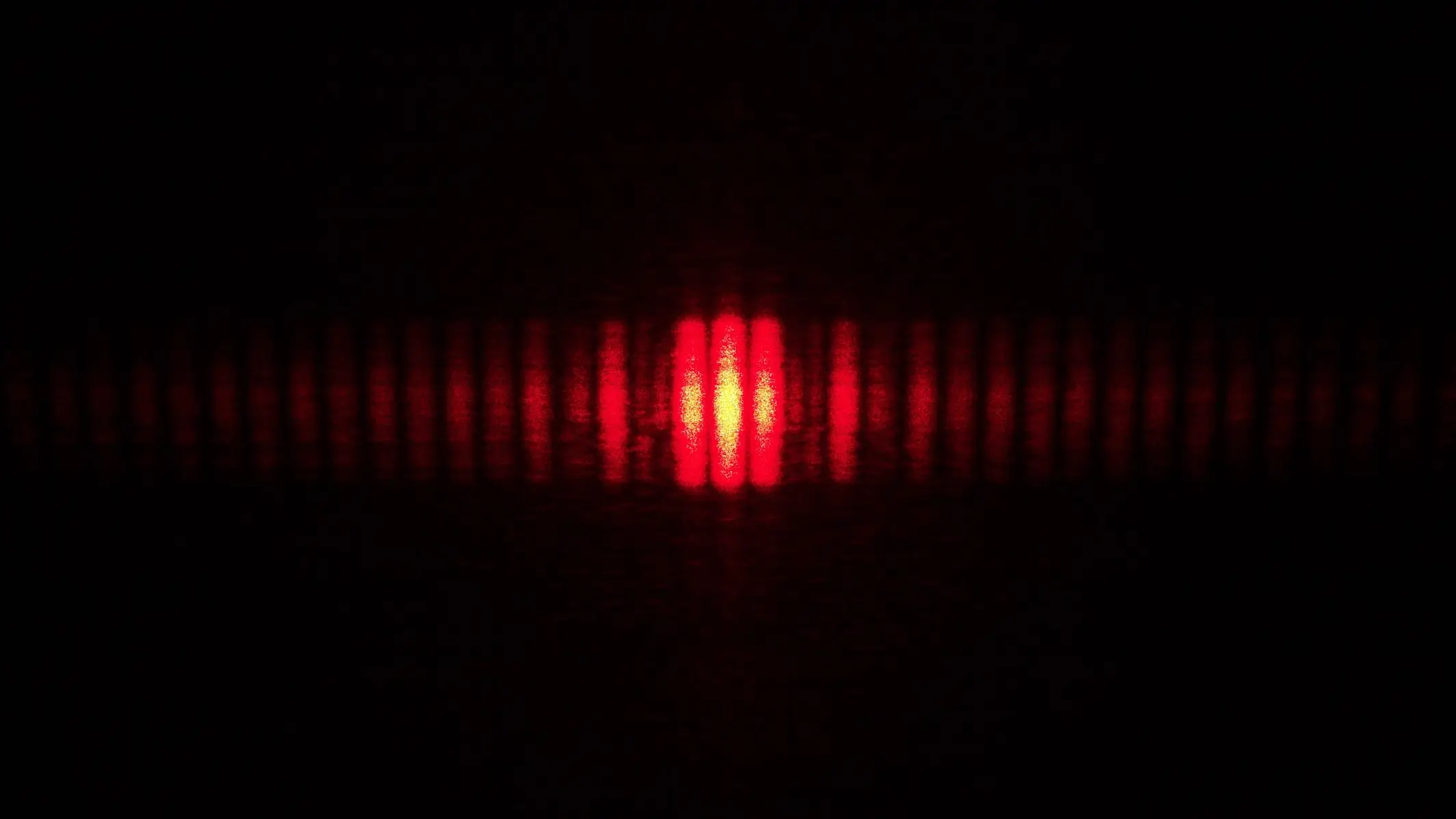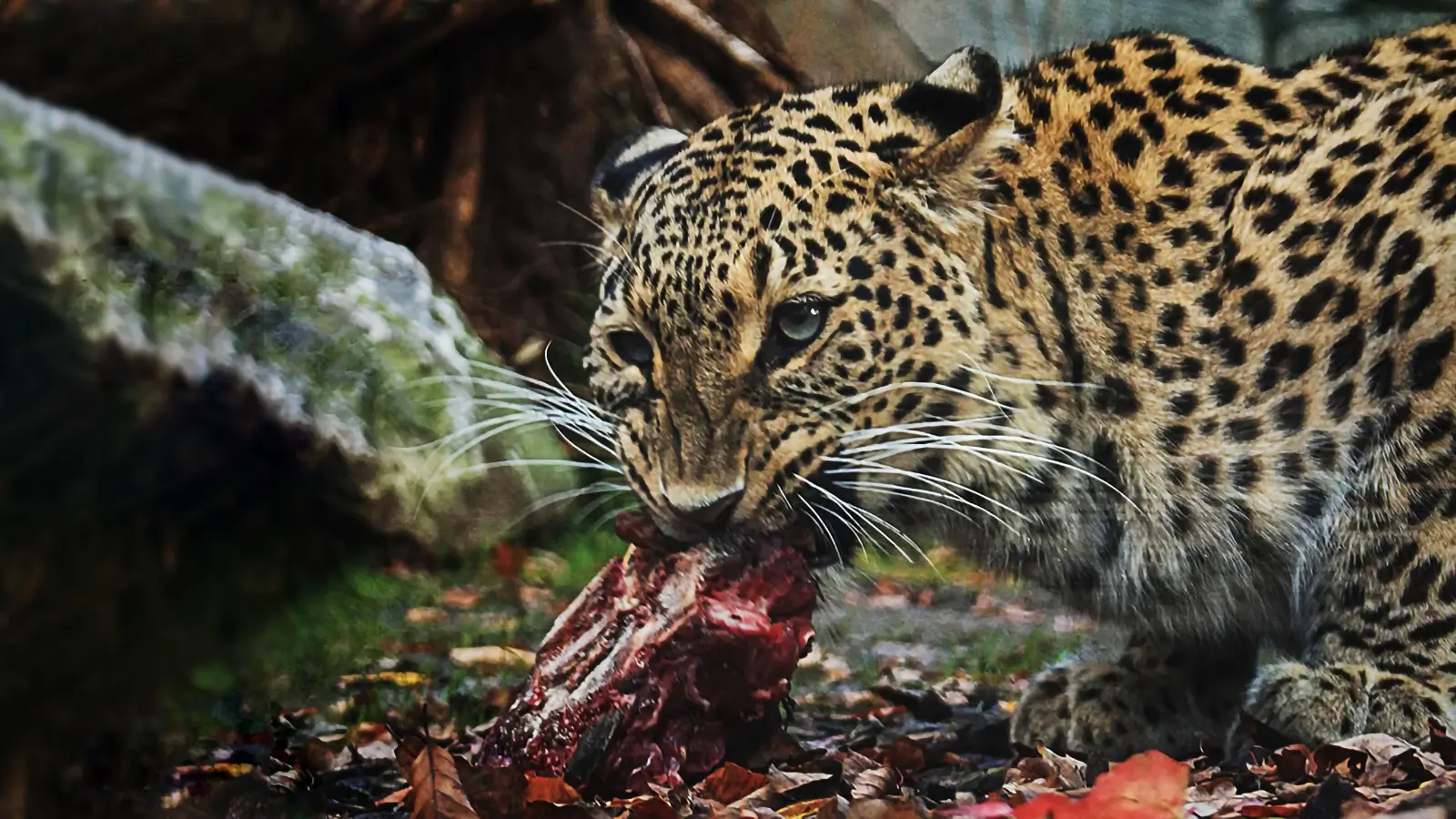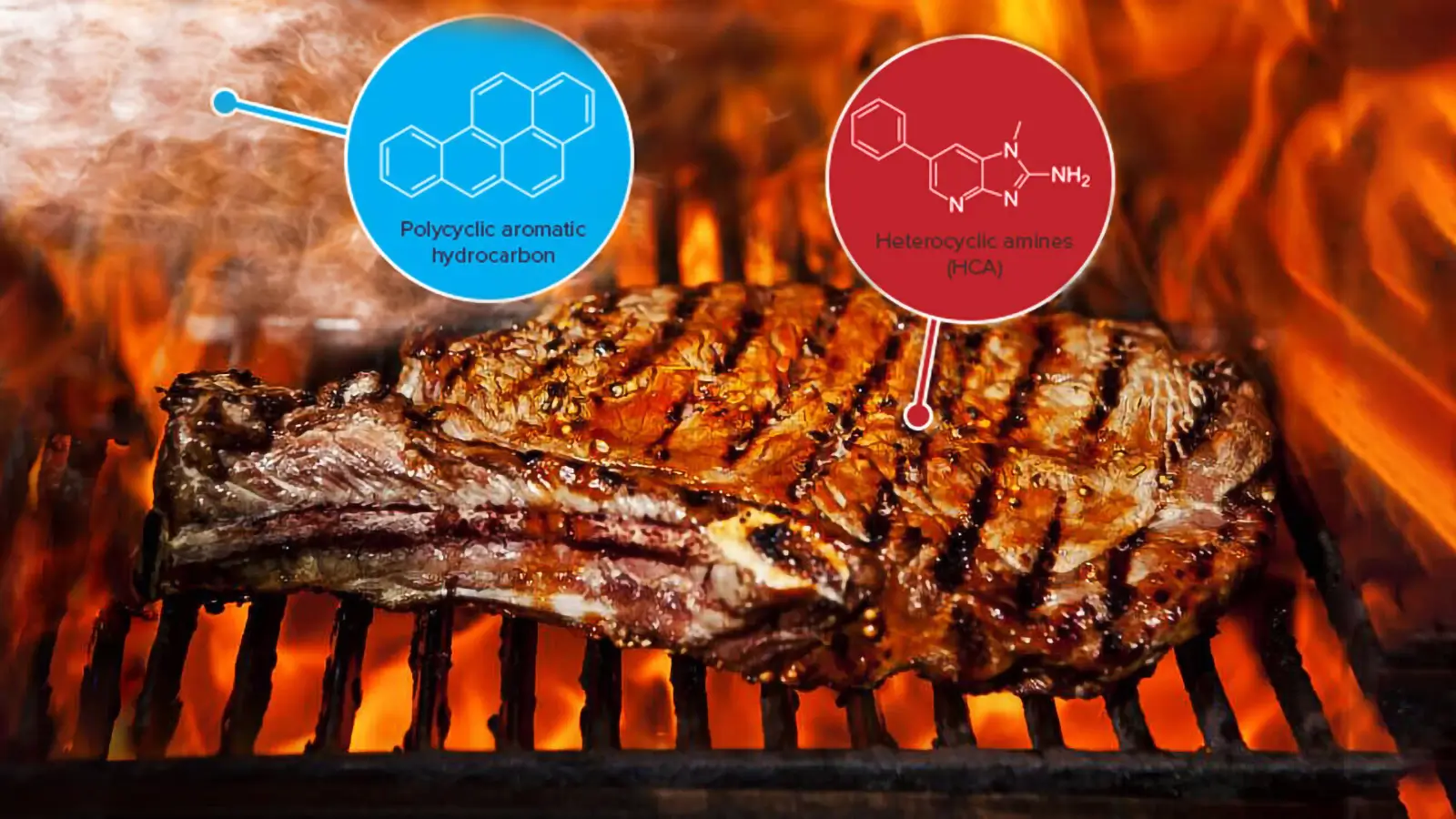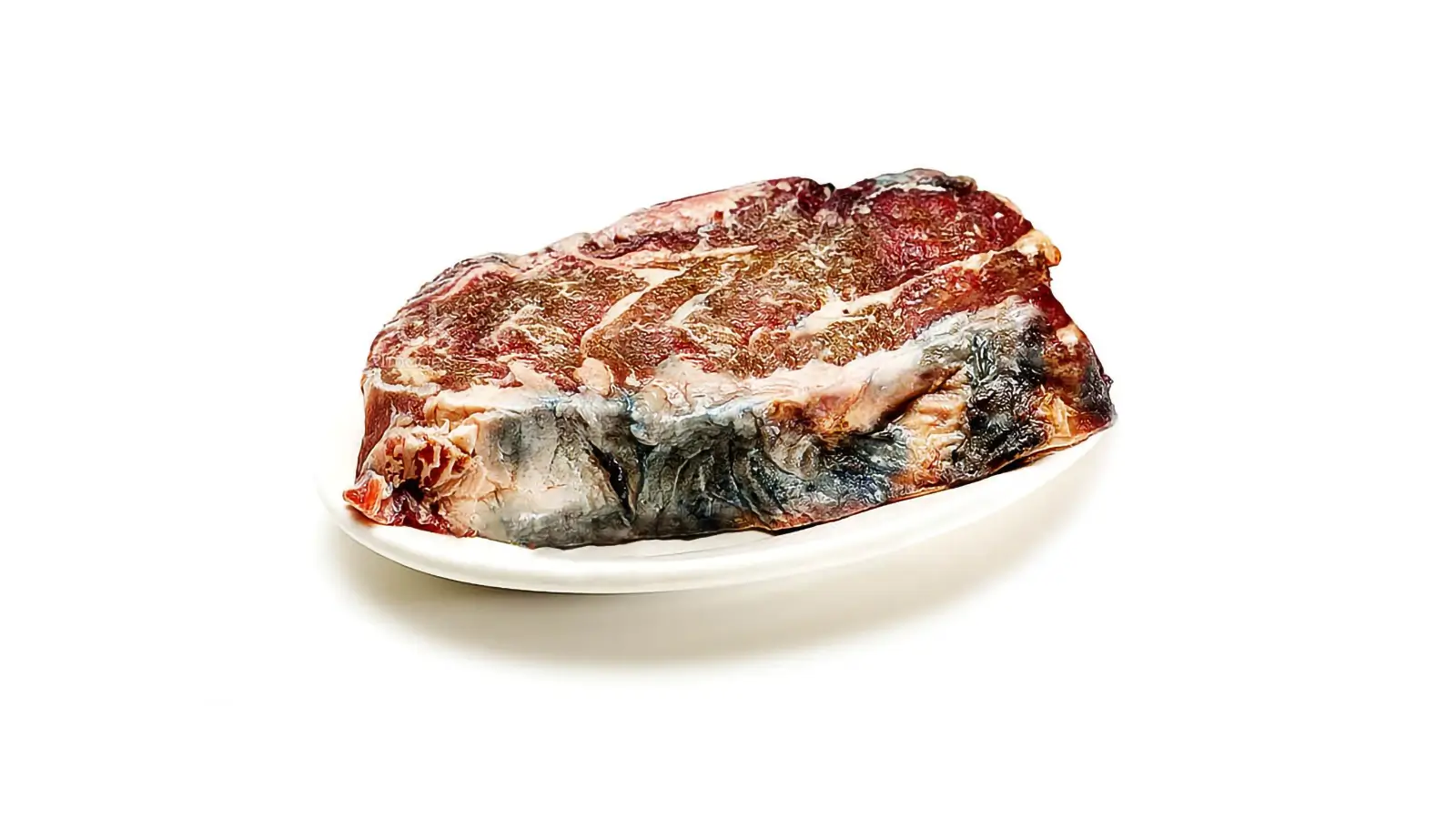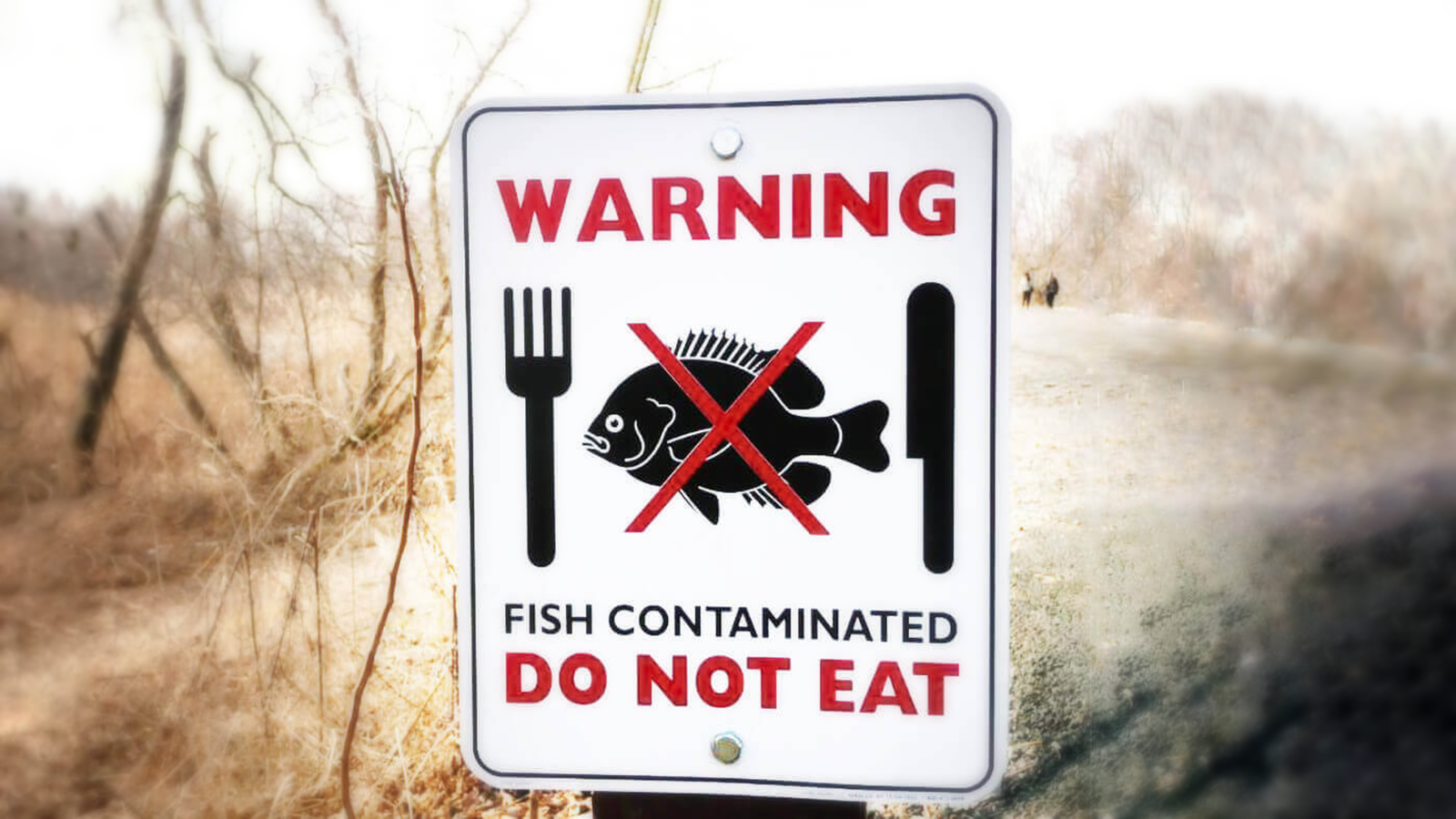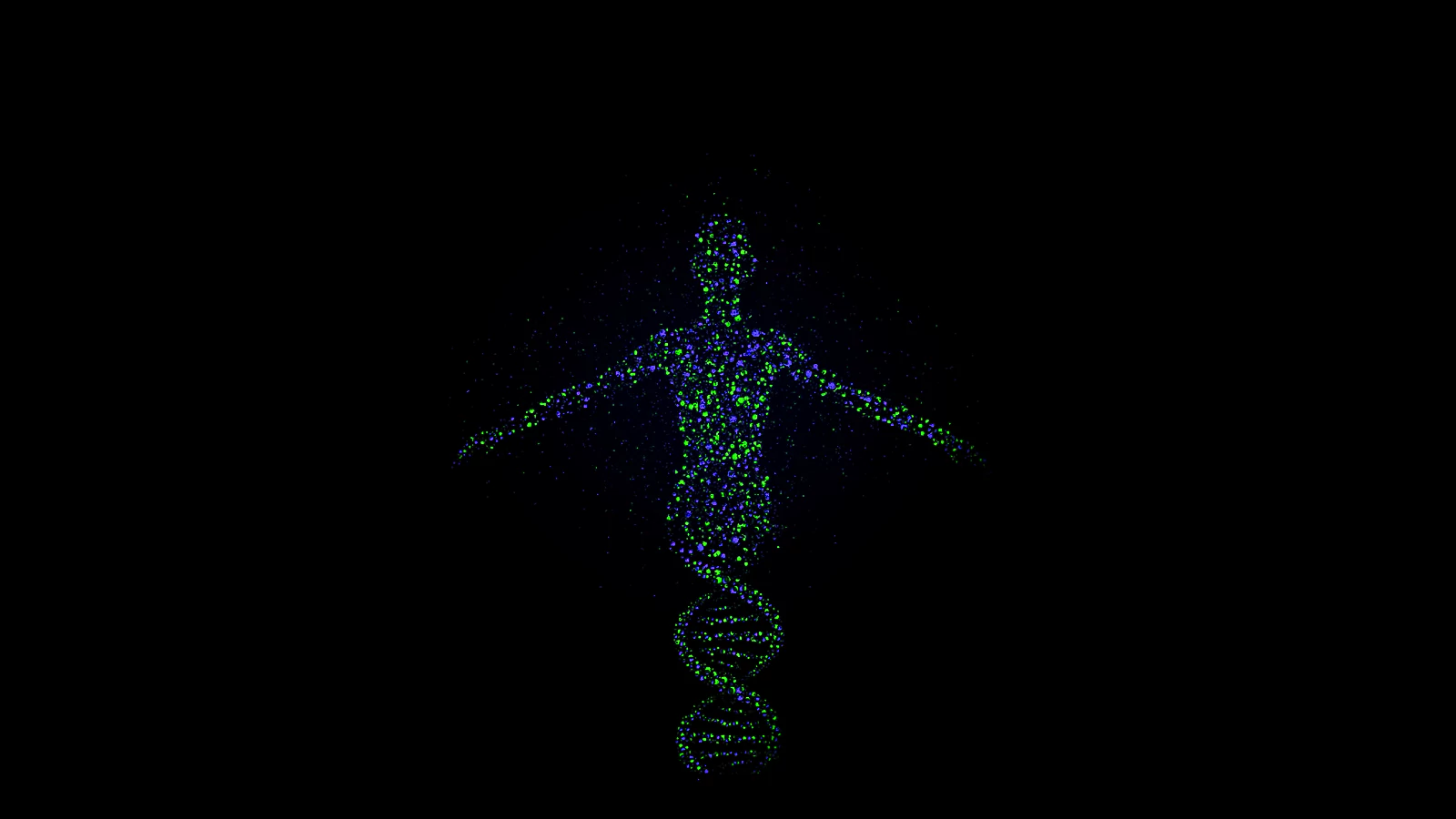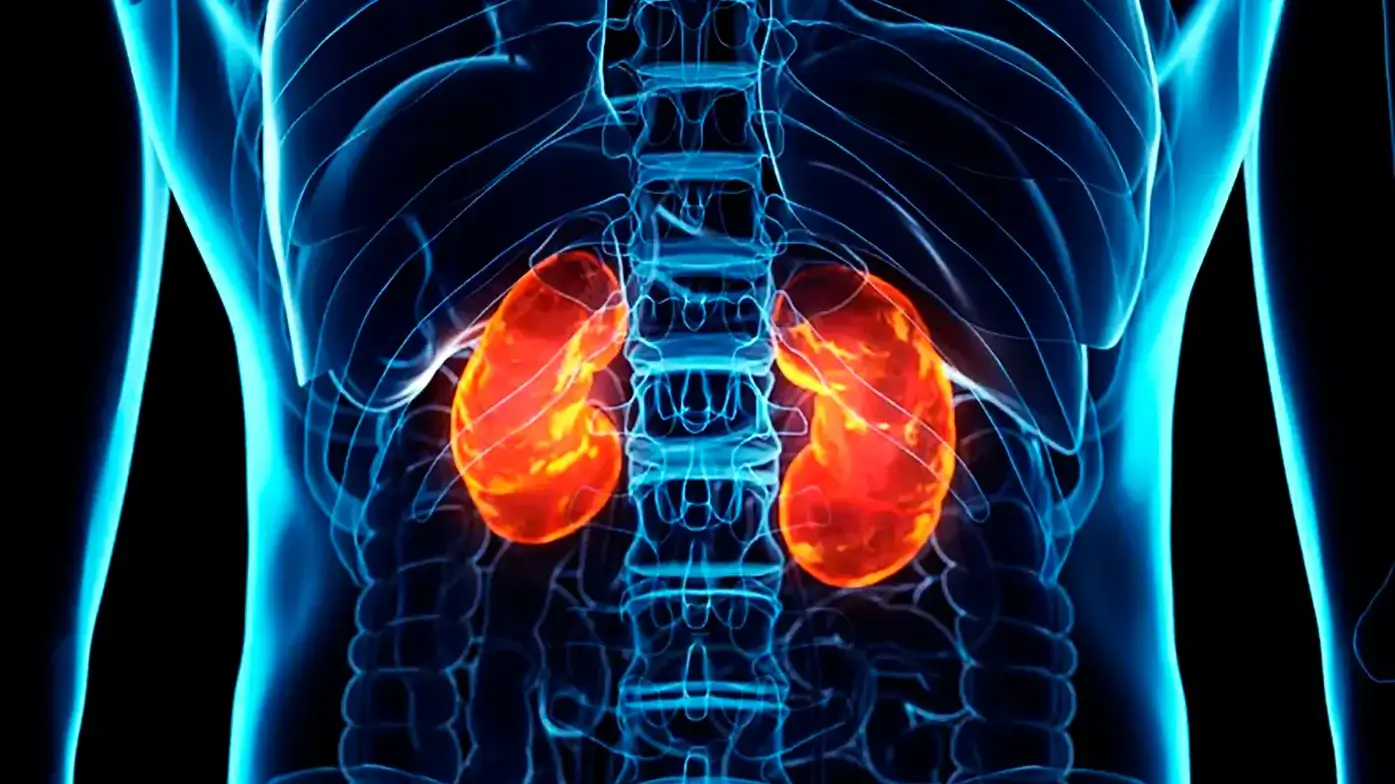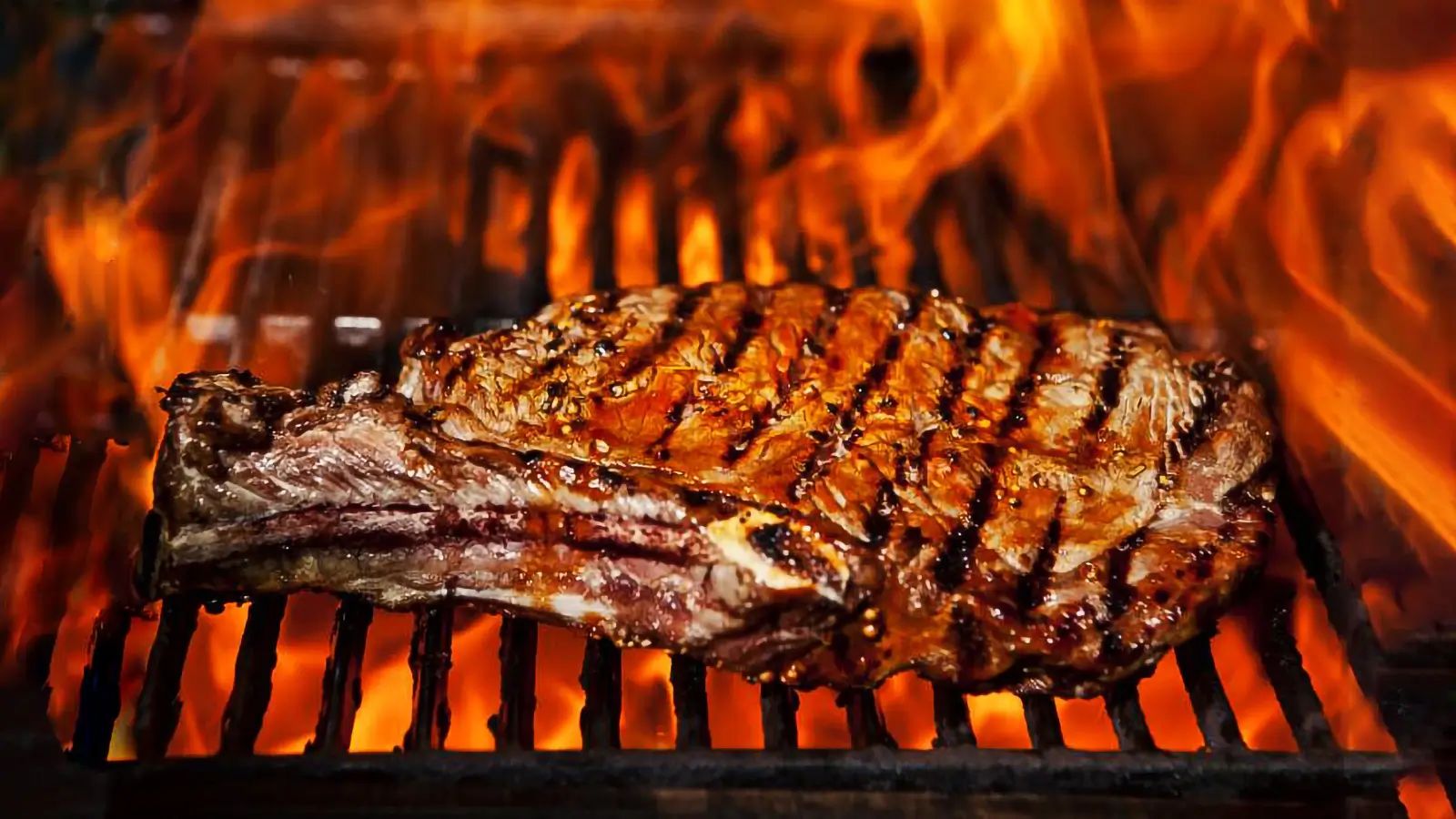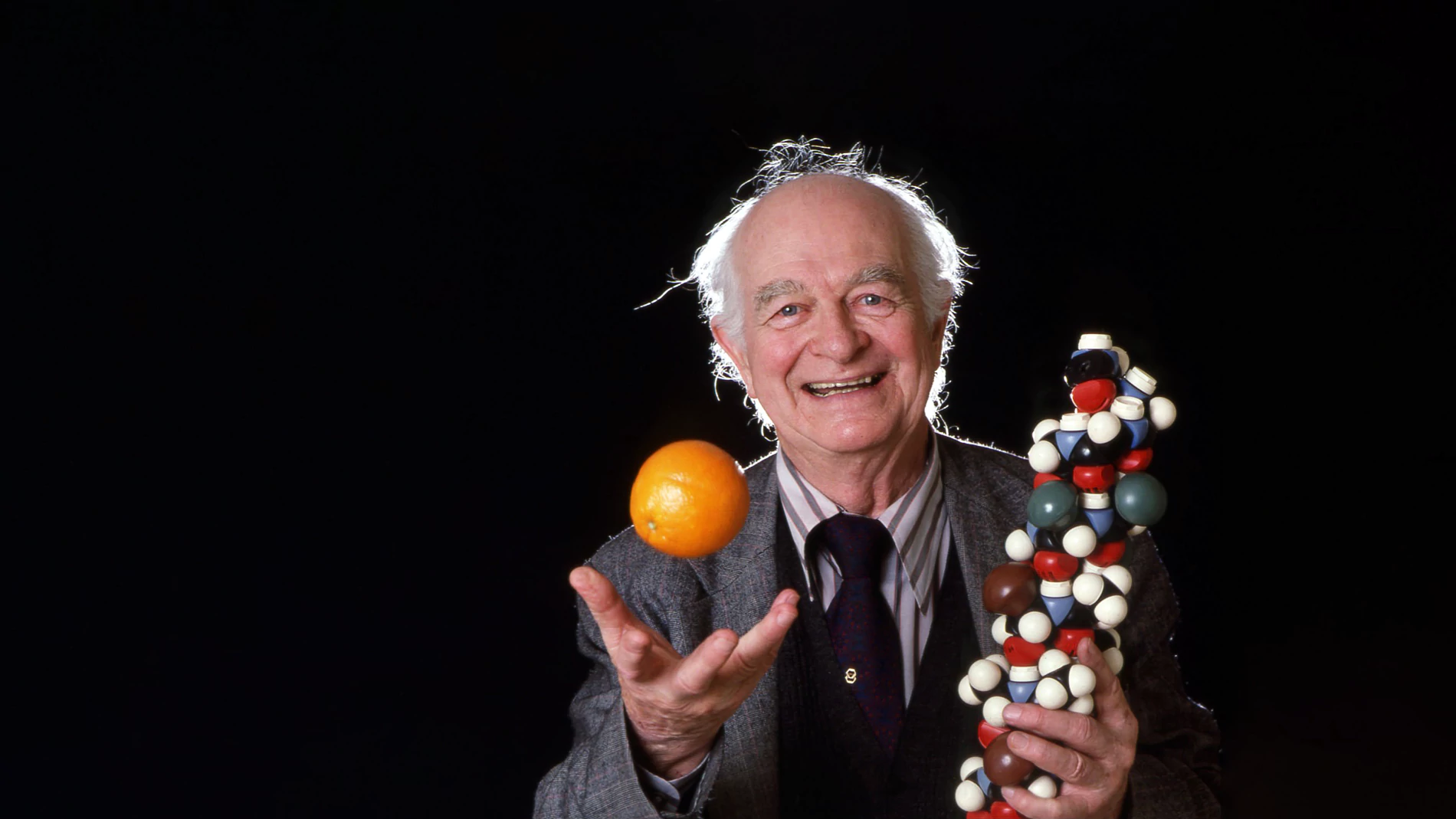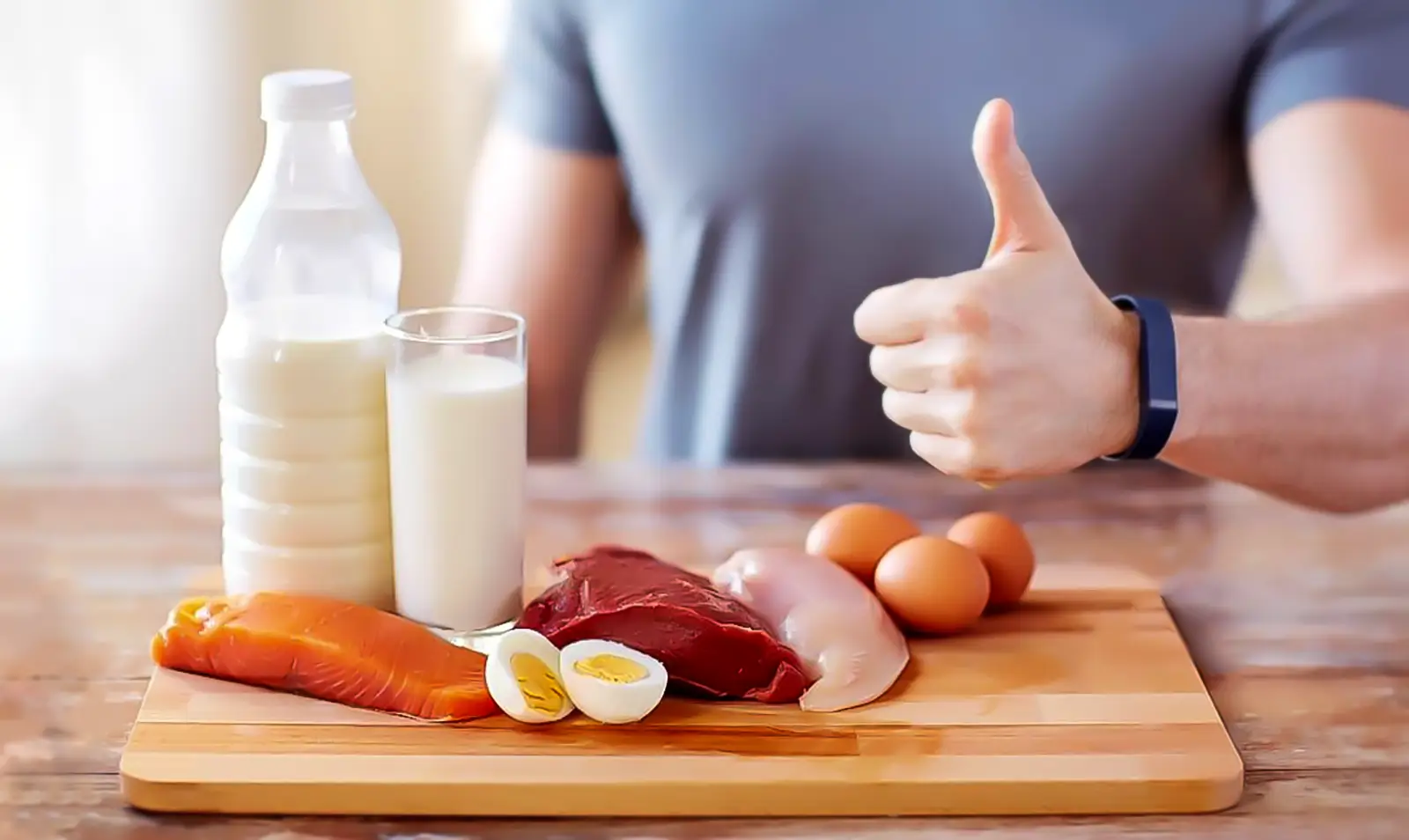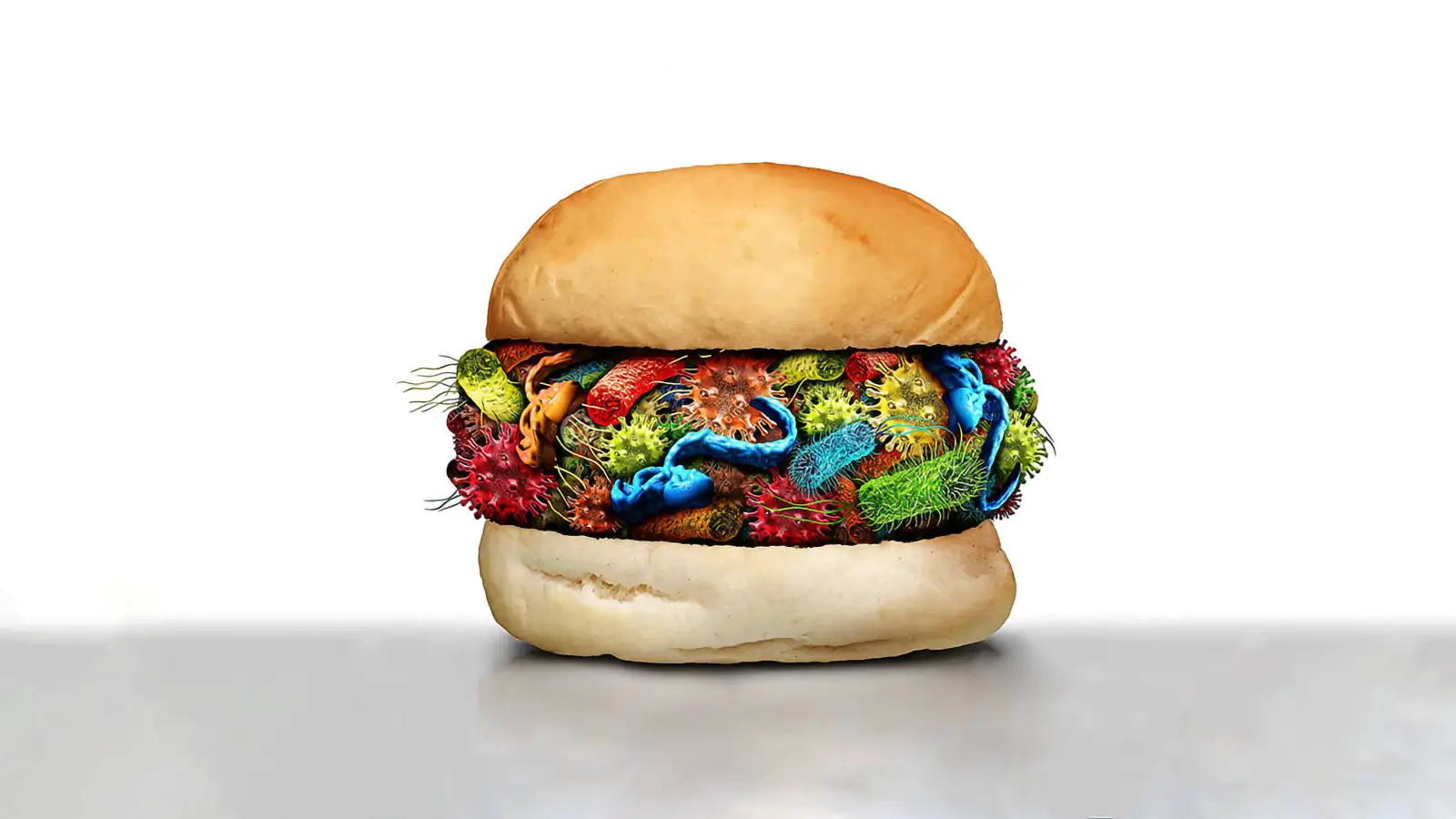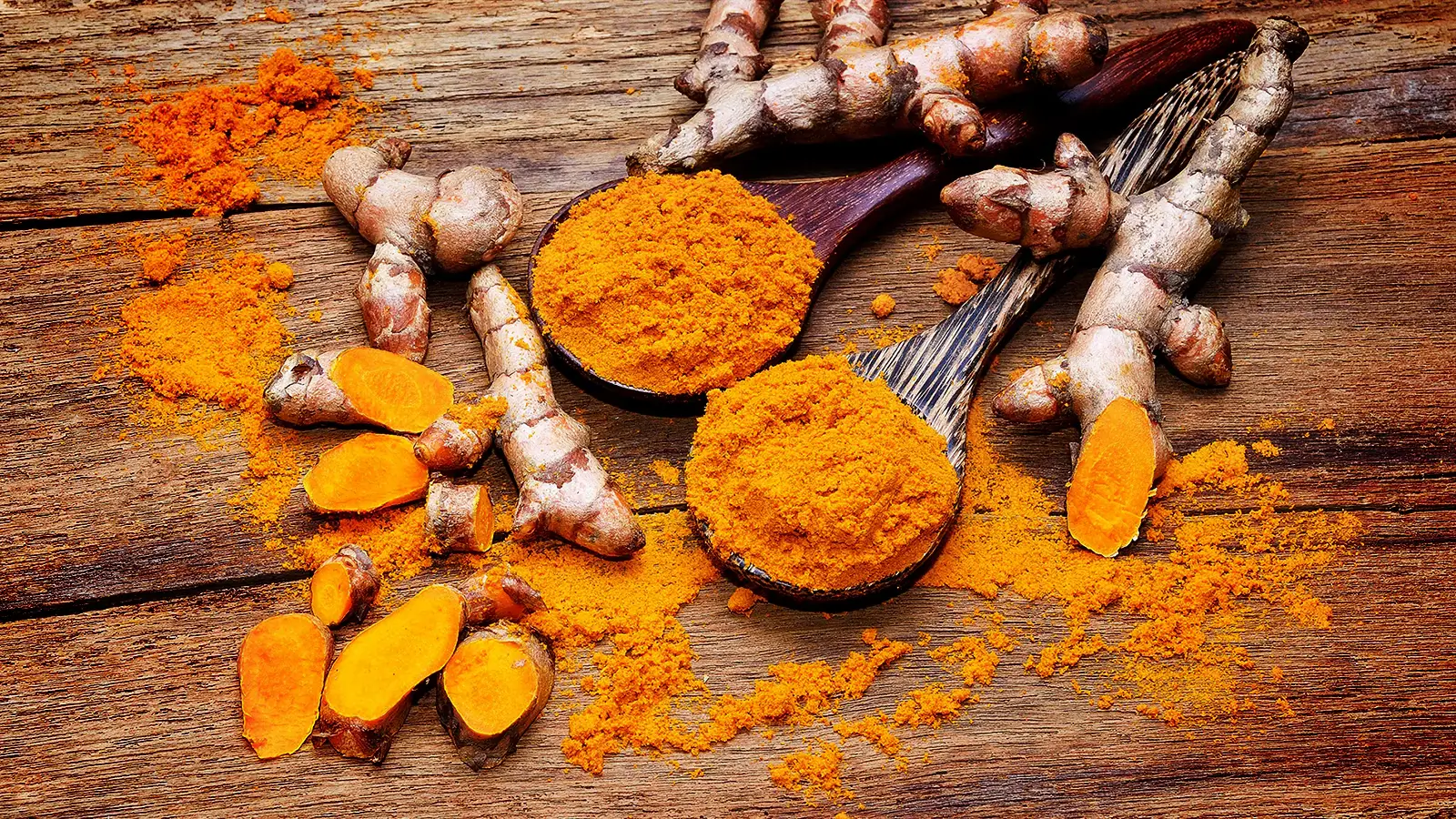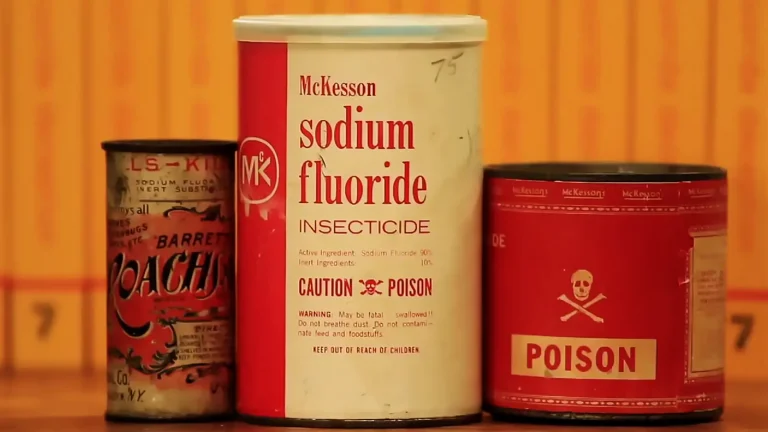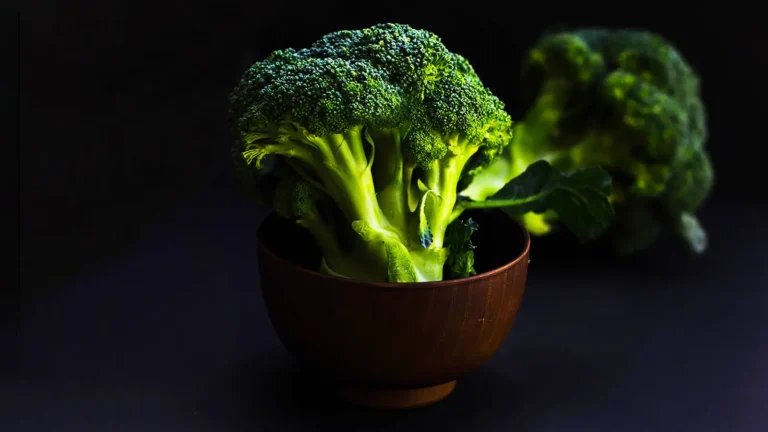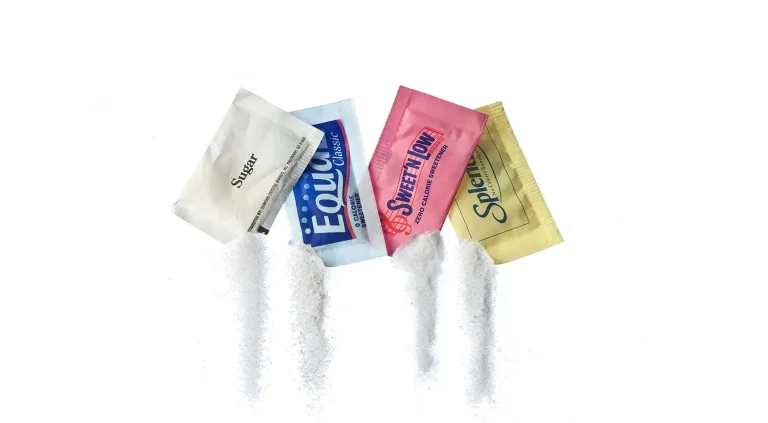Complete Protein: IGF-1 Signaling in Cancer Formation
When you eat animal protein you have four times the chance to develop all types of cancer. When you smoke you have a four-time chance to develop lung cancer.
Milos Pokimica
Written By: Milos Pokimica
Medically Reviewed by: Dr. Xiùying Wáng, M.D.
Updated May 27, 2023Key Takeaways:
– Consuming excessive amounts of complete protein can increase the levels of Insulin-like growth factor (IGF-1) hormone, which has been linked to cancer growth and metastasis.
– Plant-based diets have been shown to significantly lower IGF-1 hormone levels in the bloodstream over time compared to high-meat diets.
– Reducing or eliminating animal-based protein consumption can have positive impacts on health over time.
– Beans are one of the best plant-based sources of protein as they provide high protein content with zero cholesterol, and saturated fat, and are full of fiber and antioxidants.
– It is possible to build muscle without excess protein intake.
Some food products have high levels of all essential amino acids in them. That will be all proteins from the animal kingdom. All proteins that come from eggs, meat, and dairy are “complete.”
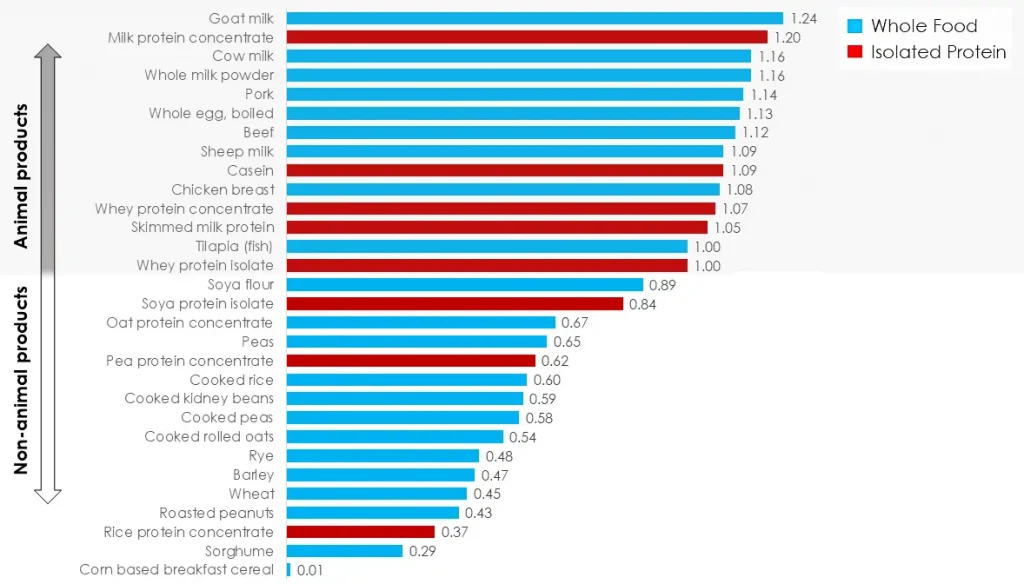
Meat is meat in sort of speaking and protein is similar in proportions of amino acids that it has. Some of the plant sources also have “complete“ protein like soy for example.
Eating complete protein is not a good idea because it will raise the levels of the Insulin-like growth factor (IGF-1) hormone and that is not something you want. IGF 1 is a cancer-promoting hormone.
There is a greater link between IGF 1 level and overall cancer than between smoking and lung cancer for example. That is a hormone that basically goes around your body and let’s say it this way knocks on the cell door. When the lady of the house opens the door IGF 1 will say:
“Hello, how are you doing, I just come by to say to you that if you need to divide or repair something in your house we have all of the essential amino acids in the street right now “.
The response from a normal cell will be: “No thank you we are ok, and everything is fine,” but a cancer cell will just say:
„Thank you, sir, let’s have a dividing party.”
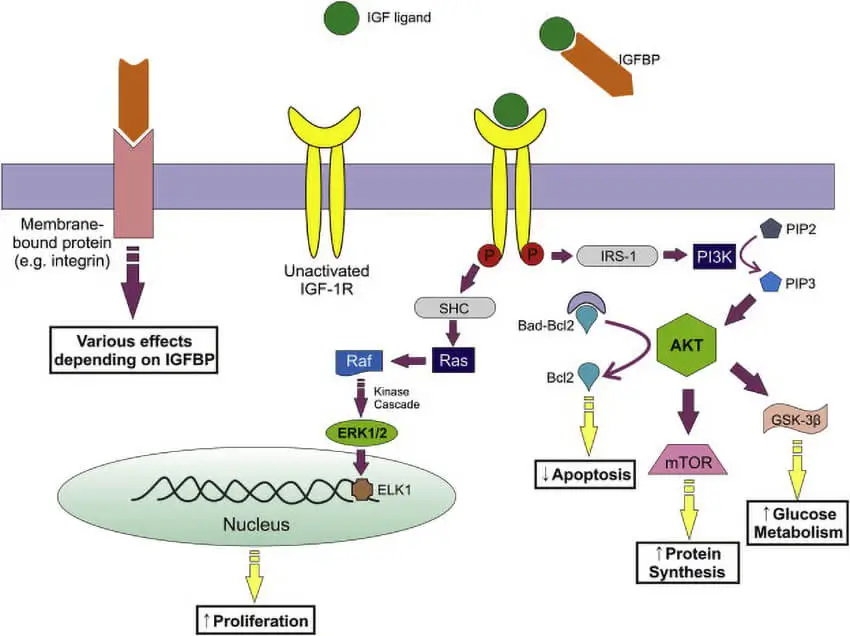
Chronically elevated levels of IGF 1 is not something anybody as an adult person should want, including bodybuilders. Most of the studies find no correlation between protein intake and IGF 1 and that will be a response from your doctor and industry.
However, guess what, it is one more lie.
These studies did not take into account animal versus plant protein. In this study (Allen et al., 2002) they did exactly that.
Higher IGF 1 levels were only associated with eating complete protein, meaning all of the animal protein but also soy protein as well.
Actually, regular plant protein seems to decrease the levels of IGF 1. The conclusion was that it is not the excessive protein in general that raises the cancer-promoting IGF 1 level but only the “complete“ protein. IGF 1 is so bad that it not only that it helps all types of cancer to grow but also helps them to break off from the main tumor and migrate to the bloodstream and other parts of the body creating metastatic tumor cells (Kleinberg et al., 2009). It is not a tumor that will kill you in 95 percent of cases it is a metastatic tumor all over the body. What helps breast cancer cells to migrate to the liver, bone, brain, and lungs? It is IGF 1(Yang et al., 2011).
There is a rare genetic mutation a syndrome that some people have that lead to dwarfism as a consequence of the low level of IGF 1 creation. It is called Laron Syndrome (a type of dwarfism).

They never, let me write this again, they never get cancer (Guevara-Aguirre et al., 2011).
In this study cancer death rate in these people was zero. Not just that they tend to live much longer. Vegans also tend to live longer them meat eaters and even when we look at the animal kingdom. Plant-eating species tend to live longer than carnivores. In 1993 there was a great breakthrough in the science of longevity. To date, it was a study that managed to prolong the life of specific species of roundworm to double the amount. It was so far the longest recorded life extension in any study.
There was one mutation that was found that doubled the lifespan of roundworms from 30 to 60 days (Kenyon et al., 1993).
It was as same as people would live for 160 years and be healthy. And it was just one single mutation that did that much. When we consider the topic of aging, we think of telomere length, DNA free radical damage, multiple other processes, and so on. But no it was just one single mutation that did only one thing. That one gene scientist named the Grim Reaper gene was just malfunctioning in IGF 1 receptor gene. If you eat animal protein, you not just expose yourself to cancer risk but also speed up the aging process. Science today can create artificial retroviruses that can cause mutations. In the future, it might be believable to have a vaccine that will deactivate the IGF 1 receptor in adult humans as well to some extent and prolong our life for double the amount but for now just avoid animal protein.
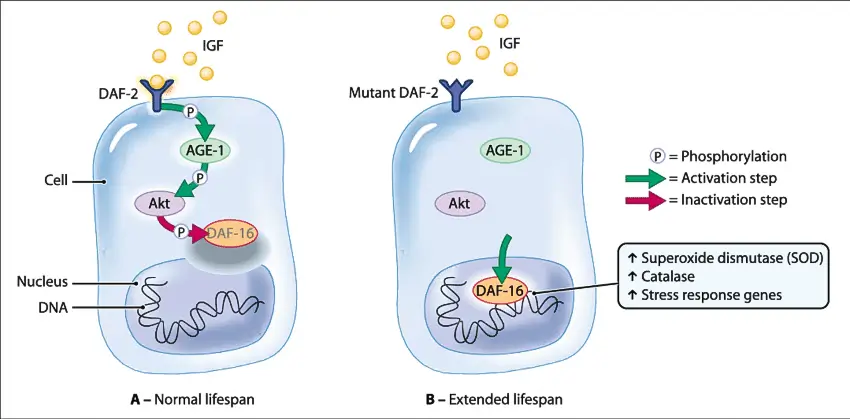
When we switch people to eating plant-based, we can significantly lower the levels of IGF 1 in the bloodstream.
In one study the result was that people eating for 14 years plant-based diet had half the levels of IGF 1 in the bloodstream than meat-eaters (Ngo et al., 2002). And you have to be a vegan not vegetarian. In this study, they compared the IGF 1 levels of vegans, lacto ovo vegetarians, and meat eaters, and only vegans had lower circulation IGF1 levels (Allen et al., 2002). Milk and eggs are still complete animal proteins, so the result is understandable. This was a study on a woman, but later studies on men and women showed the same thing.
In one study they compared the statistical correlation between smoking and lung cancer and high animal protein consumption and overall cancer risk and the correlation was even worse for the protein (Levine et al., 2014).
This was a recent study done in 2014 with the conclusion:
” Mice and humans with growth hormone receptor/IGF-1 deficiencies display major reductions in age-related diseases. Because protein restriction reduces GHR-IGF-1 activity, we examined links between protein intake and mortality. Respondents aged 50-65 reporting high protein intake had a 75% increase in overall mortality and a 4-fold increase in cancer death risk during the following 18 years.“
(Levine et al., 2014)
When you eat animal protein you have four times more chance to develop cancer. When you smoke, you have four-time also more chance to develop lung cancer.
Some of the press wrote about this study creating widespread anger among medical practice and also among the general population as well. What was the response from the medical community? Gunter Kuhnle, a food nutrition scientist not some regular but specifically nutrition scientist at Reading University, said:
“It was wrong and potentially even dangerous to compare the effects of smoking with the effect of meat and cheese as the study does. Sending out [press] statements such as this can damage the effectiveness of important public health messages. They can help to prevent sound health advice from getting through to the general public. The smoker thinks: Why to bother quitting smoking if my cheese and ham sandwich is just as bad for me”
Gunter Kuhnle
The real message is that the cancer epidemic is caused by animal protein.
Or let’s be precise here complete protein in general. Don’t eat animal protein there is enough protein in plants. Actually, all the protein ever created on planet Earth is created by plants. All essential proteins are in the plants first, and animals get them after eating plants. Animals only grow by eating plants that have made all of the essential proteins. Then some predators eat other animals and so on. Remember that all essential amino acids and all proteins on the entire planet were made by and only by plants.
The only one actually incomplete protein in the entire food supply is gelatin, so only and only protein source we could not live on is jello.
On the other hand, there is only one truly perfect protein for us not counting mother’s milk. The highest quality protein on the planet for us is our own human flesh.

Although we do not practice cannibalism anymore there is evidence we ate Neanderthals and other primates, so we practice a form of fellow mammal cannibalism. We do not like anything out of the mammalian kingdom too much like insects or reptiles. We prefer our own. It is all because we need that protein. Or how about this? Did you know that beans have as much protein as regular meat with zero cholesterol, saturated fat, dead bacteria endotoxins, full of fiber antioxidants, and resistant starch?
| Type of Bean | Protein (g) | Carbohydrate (g) | Calories |
|---|---|---|---|
| Pinto | 8 | 22 | 122 |
| Adzuki | 9 | 29 | 147 |
| Anasazi | 7 | 23 | 115 |
| Cannellini | 10 | 32 | 179 |
| Chickpea | 7 | 22 | 134 |
| Edamame | 11 | 10 | 120 |
| Fava | 10 | 26 | 187 |
| Garbanzo | 7 | 22 | 134 |
| Kidney | 8 | 20 | 112 |
| Lentil | 9 | 20 | 115 |
| Lima | 7 | 21 | 108 |
| Mung | 14.2 | 39 | 212 |
| Pea | 4.3 | 12.5 | 67 |
| Soybean | 14.3 | 10 | 149 |
| Split Pea | 8 | 21 | 116 |
This entire concept that there is somehow incomplete protein and that plant protein is inferior to an animal is just another lie designed and produced by the same people who use science as a tool for marketing. The lie we accept and use as justification for our own desire for animal flesh.

The entire myth of protein quality was made from one rodent study done more than a hundred years ago that find that infant rats do not grow as well on plants as much as on animal protein. Yes, I am not kidding that was one study that grew to be a myth about protein completeness. Later it was pushed into the mainstream first time by some paid scientists in the 75 issue of Vogue Magazine.

Infant rats, by the way, don’t grow well on human milk either because human milk has ten times less protein than rat milk. Rat milk has so much protein in it because the rats grow fast and human babies do not. The more protein in milk the faster the species is growing. How much protein do you think human breast milk has?
Human milk has 9,5 grams of protein per liter. Rat milk has 86.9 grams of protein per liter. Human breast milk has the lowest protein percentage of all in existence mammalian milks. Less than 1 percent protein by weight.
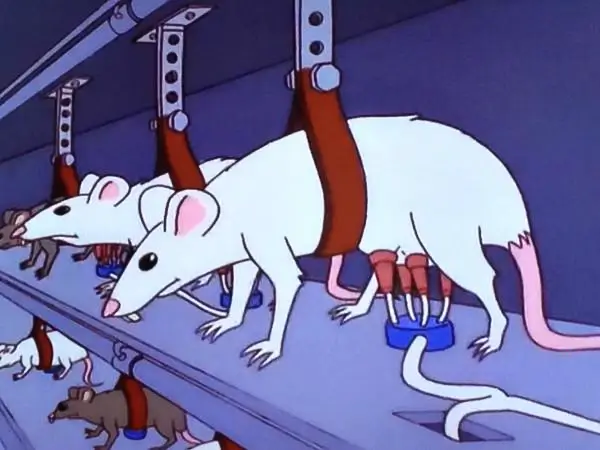
What bodybuilders really should do is find and drink some rat’s milk. That will grow the muscle with no need for a whey protein supplement. What about vegan bodybuilding, or what about vegetarians, or what about everyone? How much protein, in reality, do the different types of diets have?
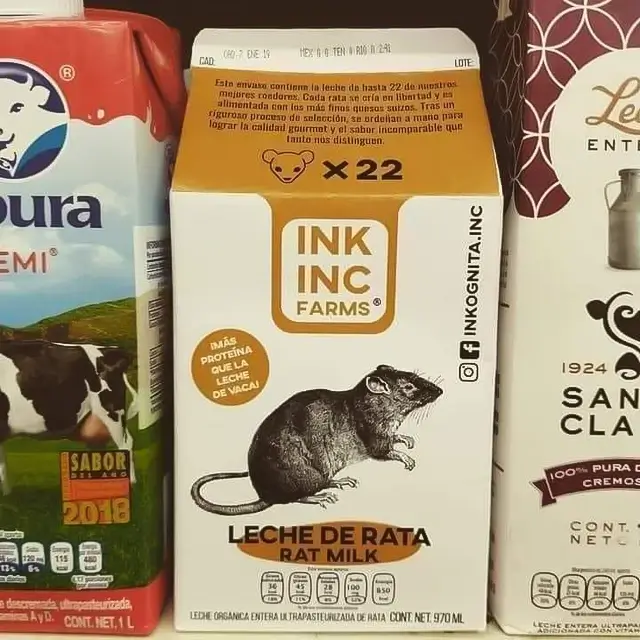
In this study (Rizzo et al., 2013) they analyzed the average intake of protein by comparing different diets. It was the largest study of this kind to date. They compared nutrient diet profiles of about 5,000 vegans, 30,000 standards all-you-desire meat eaters, flexitarians, and 20,000 vegetarians, then divided them into groups from Lacto-ovo, pesco to strict and semi, and so on. The result is that all of the groups average about the same, around 60 for strict vegans to 90 grams for standard meat eaters of proteins a day. Except that nonvegetarians had the lowest intakes of phytochemicals and antioxidants and fiber, beta-carotene, and magnesium with the highest intakes of cholesterol, toxins of all kinds,s and saturated, trans, arachidonic, and docosahexaenoic fatty acids. If we ask the natural science of today, the consensus is that at the most you need 0.8 to 0.9 grams of protein per kilogram and not counting all of the excess fat in obese people. Just fat-free body weight (Millward, 2012).
This is extremely excessive and is correlated to a wide range of health complications and diseases. More about in this correlated article (High protein diet- Health risk correlations).
The other side of the coin is that IGF and mTOR are both the most powerful antagonists of autophagy.
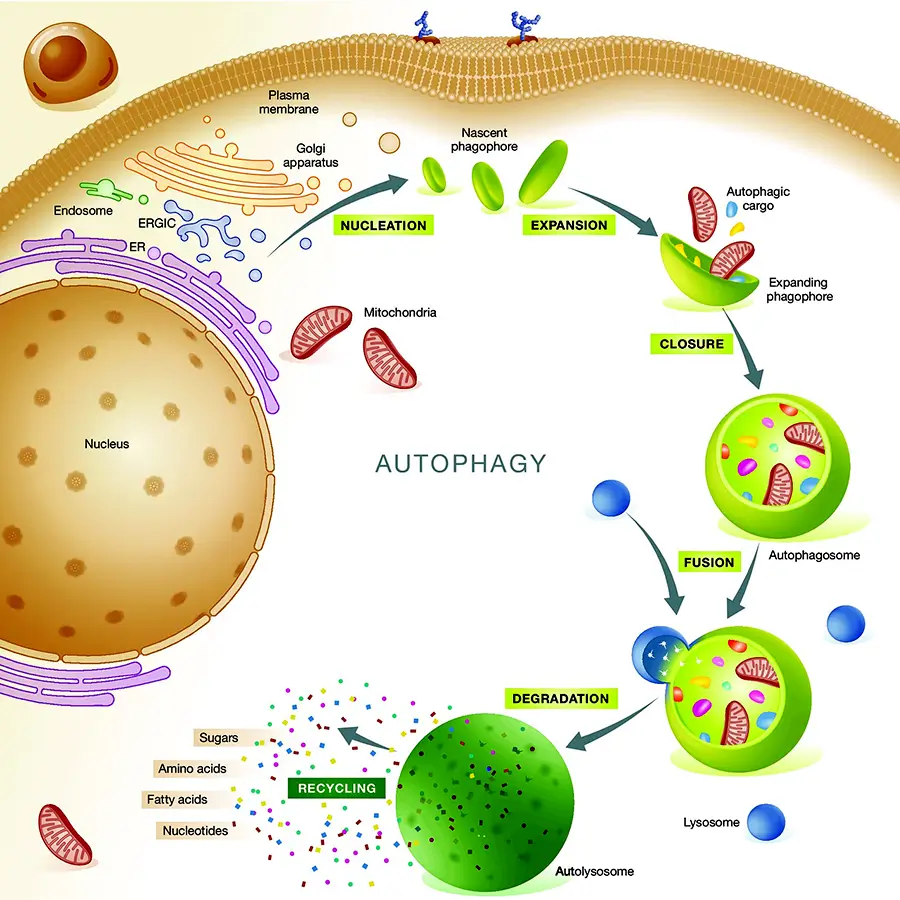
Inadequate levels of autophagy or in most cases completely lacking even small amounts of it will increase mutation and DNA damage accumulation in time and will increase cancer risk independently from IGF promotion of cancer cell proliferation.
The truth that the industry doesn’t want to mention Is exactly this. When you eat complete protein it is complete and the most powerful carcinogen known. It is not just red meat but complete protein in general on top of all inflammation and bioaccumulation of toxins in meat. If this truth has any impact on people’s dietary choices is for debate. But science is science and avoiding the subject is only in the interest of the industry and it is just fulling the underline desire for highly palatable foods as a source of gratification.
Bodybuilders for example will eat an average of more than 200 grams of protein per day. Physiologically it is not possible to grow more than 10 grams of protein per day (which is around 50 grams of tissue) if you are not on steroids no matter how much protein you eat or how much you exercise. Even strict vegans can do bodybuilding if the protein is an issue. Other types of athletes usually eat much more than average amounts also. Some keto paleo health advocates will eat 10 eggs for breakfast. To some people, they are health gurus.

There is a trend to eat large amounts of complete protein to lose weight. The logic behind it is that a large amount of complete protein will stimulate the larger release of IGF 1 hormone that will stop the autophagy of the muscle mass and only focus the weight loss on fat tissue. And that argument is correct.
It is scientifically proven, that you can eat a large amount of complete protein on dieting to stop autophagy of muscle tissue to some extent.
However, do you want cancer as a result of looking good?
This one study was published in Cancer Research (Knuppel et al., 2020). It is a free study and you can go and read it. This study analyzed almost 400,000 samples and confirmed that higher blood levels of IGF-1 are a risk factor for cancer. This is not something that can be debunked in any form and in any way. It is just inconvenient truth that won’t go any further regarding dietary guidelines in any form. Especially because we have health gurus that preach high-quality high protein diets as an answer to obesity, athletic performance, and diabetes and especially building muscle tissue and all of the keto paleo people and industry-funded research….
If you want to stop catabolism during dieting because you are a professional athlete you can just take 1000mg of Metformin a day. It will diminish the liver’s ability for gluconeogenesis and metformin as a supplement is proven to extend lifespan and lower IGF-1 at the same time. It is commonly prescribed in the same way as aspirin as a longevity drug. This would be a subject for other articles.
The real question for vegans here is not where you get your protein but how to avoid the excess. Especially how to avoid an excess of animal protein in the standard American diet.
The correct approach in my view is to tell people the truth and if they still want to consume the standard American diet then there are still some interventions that can potentially lower the cancer risks even if you do not want to change the dietary habits. For example, you can try to lower chronic inflammation with high antioxidant-rich foods, you can try to avoid exec of toxicity, you can fast periodically, you can avoid micronutrient deficiencies, you can use some of cancer-killing herbs and supplements that have scientific baking like curcumin and so on.
Insulin-like growth factors (IGF) 1 and 2 stimulate the development and progression of different types of cancer. This animation helps to educate and inform about the various pathways associated with IGF 1 and 2, highlighting the mechanism behind a monoclonal antibody developed by Boehringer Ingelheim, which binds to and neutralizes these ligands.
There is a tradeoff when it comes to growth hormone and IGF-1. Growth hormone and IGF-1 enhance muscle and cognitive performance but this comes at a cost: longevity. Reduced growth hormone and IGF-1 increase lifespan by increasing the expression of genes involved in stress resistance but at an expensive cost when it comes to muscles and the brain. Learn all about the trade-off and ways to circumvent it.
FAQ
References:
- Allen, N. E., Appleby, P. N., Davey, G. K., Kaaks, R., Rinaldi, S., & Key, T. J. (2002). The associations of diet with serum insulin-like growth factor I and its main binding proteins in 292 women meat-eaters, vegetarians, and vegans. Cancer epidemiology, biomarkers & prevention : a publication of the American Association for Cancer Research, cosponsored by the American Society of Preventive Oncology, 11(11), 1441–1448. [PubMed]
- Kleinberg, D. L., Wood, T. L., Furth, P. A., & Lee, A. V. (2009). Growth hormone and insulin-like growth factor-I in the transition from normal mammary development to preneoplastic mammary lesions. Endocrine reviews, 30(1), 51–74. https://doi.org/10.1210/er.2008-0022
- Yang, S. Y., Miah, A., Pabari, A., & Winslet, M. (2011). Growth Factors and their receptors in cancer metastases. Frontiers in bioscience (Landmark edition), 16(2), 531–538. https://doi.org/10.2741/3703
- Guevara-Aguirre, J., Balasubramanian, P., Guevara-Aguirre, M., Wei, M., Madia, F., Cheng, C. W., Hwang, D., Martin-Montalvo, A., Saavedra, J., Ingles, S., de Cabo, R., Cohen, P., & Longo, V. D. (2011). Growth hormone receptor deficiency is associated with a major reduction in pro-aging signaling, cancer, and diabetes in humans. Science translational medicine, 3(70), 70ra13. https://doi.org/10.1126/scitranslmed.3001845
- Kenyon, C., Chang, J., Gensch, E., Rudner, A., & Tabtiang, R. (1993). A C. elegans mutant that lives twice as long as wild type. Nature, 366(6454), 461–464. https://doi.org/10.1038/366461a0
- Ngo, T. H., Barnard, R. J., Tymchuk, C. N., Cohen, P., & Aronson, W. J. (2002). Effect of diet and exercise on serum insulin, IGF-I, and IGFBP-1 levels and growth of LNCaP cells in vitro (United States). Cancer causes & control : CCC, 13(10), 929–935. https://doi.org/10.1023/a:1021911517010
- Allen, N. E., Appleby, P. N., Davey, G. K., Kaaks, R., Rinaldi, S., & Key, T. J. (2002). The associations of diet with serum insulin-like growth factor I and its main binding proteins in 292 women meat-eaters, vegetarians, and vegans. Cancer epidemiology, biomarkers & prevention : a publication of the American Association for Cancer Research, cosponsored by the American Society of Preventive Oncology, 11(11), 1441–1448. [PubMed]
- Levine, M. E., Suarez, J. A., Brandhorst, S., Balasubramanian, P., Cheng, C. W., Madia, F., Fontana, L., Mirisola, M. G., Guevara-Aguirre, J., Wan, J., Passarino, G., Kennedy, B. K., Wei, M., Cohen, P., Crimmins, E. M., & Longo, V. D. (2014). Low protein intake is associated with a major reduction in IGF-1, cancer, and overall mortality in the 65 and younger but not older population. Cell metabolism, 19(3), 407–417. https://doi.org/10.1016/j.cmet.2014.02.006
- Rizzo, N. S., Jaceldo-Siegl, K., Sabate, J., & Fraser, G. E. (2013). Nutrient profiles of vegetarian and nonvegetarian dietary patterns. Journal of the Academy of Nutrition and Dietetics, 113(12), 1610–1619. https://doi.org/10.1016/j.jand.2013.06.349
- Millward D. J. (2012). Identifying recommended dietary allowances for protein and amino acids: a critique of the 2007 WHO/FAO/UNU report. The British journal of nutrition, 108 Suppl 2, S3–S21. https://doi.org/10.1017/S0007114512002450
- Knuppel, A., Fensom, G. K., Watts, E. L., Gunter, M. J., Murphy, N., Papier, K., Perez-Cornago, A., Schmidt, J. A., Smith Byrne, K., Travis, R. C., & Key, T. J. (2020). Circulating Insulin-like Growth Factor-I Concentrations and Risk of 30 Cancers: Prospective Analyses in UK Biobank. Cancer research, 80(18), 4014–4021. https://doi.org/10.1158/0008-5472.CAN-20-1281
Related Posts
Do you have any questions about nutrition and health?
I would love to hear from you and answer them in my next post. I appreciate your input and opinion and I look forward to hearing from you soon. I also invite you to follow us on Facebook, Instagram, and Pinterest for more diet, nutrition, and health content. You can leave a comment there and connect with other health enthusiasts, share your tips and experiences, and get support and encouragement from our team and community.
I hope that this post was informative and enjoyable for you and that you are prepared to apply the insights you learned. If you found this post helpful, please share it with your friends and family who might also benefit from it. You never know who might need some guidance and support on their health journey.
– You Might Also Like –

Learn About Nutrition
Milos Pokimica is a doctor of natural medicine, clinical nutritionist, medical health and nutrition writer, and nutritional science advisor. Author of the book series Go Vegan? Review of Science, he also operates the natural health website GoVeganWay.com
Medical Disclaimer
GoVeganWay.com brings you reviews of the latest nutrition and health-related research. The information provided represents the personal opinion of the author and is not intended nor implied to be a substitute for professional medical advice, diagnosis, or treatment. The information provided is for informational purposes only and is not intended to serve as a substitute for the consultation, diagnosis, and/or medical treatment of a qualified physician or healthcare provider.NEVER DISREGARD PROFESSIONAL MEDICAL ADVICE OR DELAY SEEKING MEDICAL TREATMENT BECAUSE OF SOMETHING YOU HAVE READ ON OR ACCESSED THROUGH GoVeganWay.com
NEVER APPLY ANY LIFESTYLE CHANGES OR ANY CHANGES AT ALL AS A CONSEQUENCE OF SOMETHING YOU HAVE READ IN GoVeganWay.com BEFORE CONSULTING LICENCED MEDICAL PRACTITIONER.
In the event of a medical emergency, call a doctor or 911 immediately. GoVeganWay.com does not recommend or endorse any specific groups, organizations, tests, physicians, products, procedures, opinions, or other information that may be mentioned inside.
Editor Picks –
Milos Pokimica is a doctor of natural medicine, clinical nutritionist, medical health and nutrition writer, and nutritional science advisor. Author of the book series Go Vegan? Review of Science, he also operates the natural health website GoVeganWay.com
Latest Articles –
Plant Based News
-
Try These Vegan Shortbread Biscuits With Edible Flowers
on April 16, 2024
-
Heinz Unveils ‘Barbie’ Sauce: A Pink Vegan BBQ Mayo
on April 16, 2024
-
A High Seafood Diet May Expose You To Large Amounts Of ‘Forever Chemicals’
on April 16, 2024
-
How To Make This Gluten-Free Asparagus Quiche (With A Quinoa Crust)
on April 16, 2024
-
Nicki Minaj Launches Range Of Barbie Pink Vegan Sneakers
on April 16, 2024
-
Lidl Announces Huge Increase In Plant-Based Food Sales
on April 15, 2024
-
Try This Easy Vegan Pesto Pasta Salad
on April 15, 2024
Top Health News — ScienceDaily
- Real-time detection of infectious disease viruses by searching for molecular fingerprintingon April 17, 2024
Researchers develop breakthrough technology for wide-ranging and ultra-sensitive active nano-spectral sensor, surpassing current limitations.
- New treatment method using plasma irradiation promotes faster bone healingon April 17, 2024
Aiming to shorten fracture recovery times, a research group is focusing on plasma irradiation as a treatment method to speed up bone healing.
- Common HIV treatments may aid Alzheimer’s disease patientson April 16, 2024
Scientists have identified promising real-world links between common HIV drugs and a reduced incidence of Alzheimer’s disease.
- New Inflammatory Bowel Disease testing protocol could speed up diagnosison April 16, 2024
Patients with suspected inflammatory bowel disease (IBD) could benefit from better testing protocols that would reduce the need and lengthy wait for potentially unnecessary colonoscopies, a new study has found.
- Health behaviors accumulate and remain relatively stable throughout middle adulthoodon April 16, 2024
According to a recent study, either healthier or unhealthier health behaviors cluster among individuals. These health behavior patterns remain relatively stable in middle adulthood and are predicted by several sociodemographic and personality characteristics.
- New insights could unlock immunotherapy for rare, deadly eye canceron April 16, 2024
New research explains why metastatic uveal melanoma is resistant to conventional immunotherapies and how adoptive therapy, which involves growing a patient’s T cells outside the body before reinfusing them, can successfully treat this rare and aggressive cancer.
- Biodiversity is key to the mental health benefits of natureon April 16, 2024
New research has found that spaces with a diverse range of natural features are associated with stronger improvements in our mental wellbeing compared to spaces with less natural diversity.
PubMed, #vegan-diet –
- The Ethics of Veganismon April 15, 2024
In this article, we discuss the ethics of veganism by looking at the moral implications of having a vegan diet or plant-based diet. Veganism is a way of diet that forbids or avoids consuming any animal products. It has drawn a lot of interest recently due to awareness or trends of vegan diet, human health, and ethical behavior benefits. The aim of the research is to look into the moral values that talk about veganism, such as animal welfare, environmental sustainability, and human welfare. In…
- The Obese Taste Bud study: Objectives and study designon April 15, 2024
CONCLUSION: Initial findings suggest that metabolic alterations are relevant for taste and smell function and TBD. By combining omics data from collected biomaterial with physiological, metabolic and psychological data related to taste perception and eating behaviour, the OTB study aims to strengthen our understanding of taste perception in obesity.
- A systematic review of articles influencing United States retail cheese packaging, labeling, and market trends related to cheese in the marketplace and cheese during consumptionon April 12, 2024
Innovation around cheese is constant in attempts to meet ever-increasing consumer demands. Retail packaging provides a canvas to communicate to consumers added value from innovations or inherent properties of cheese. Packaging itself may also be the subject of cheese-related innovation. This systematic review of literature organizes research over the past 10 years related to cheese packaging innovation that consumers experience in the marketplace and during consumption of cheese products. The…
- Changes in the consumption of isoflavones, omega-6, and omega-3 fatty acids in women with metastatic breast cancer adopting a whole-food, plant-based diet: post-hoc analysis of nutrient intake data…on April 5, 2024
CONCLUSION: Transitioning to a WFPB diet resulted in significantly increased isoflavone intake and decreased n-6:n-3 ratio in women with breast cancer.
- A whole food, plant-based randomized controlled trial in metastatic breast cancer: feasibility, nutrient, and patient-reported outcomeson March 30, 2024
CONCLUSIONS: Significant dietary changes in this population are feasible and may improve QOL by improving treatment-related symptoms. Additional study is warranted.
Random Posts –
Featured Posts –

Latest from PubMed, #plant-based diet –
- Nutritional profile of plant-based dairy alternatives in the Swedish marketby Hanieh Moshtaghian on April 16, 2024
The market for plant-based dairy alternatives is growing; therefore, focusing on the nutritional quality of these products is important. This study evaluates the nutritional profile of plant-based alternatives to milk, yoghurt, cheese, cream, ice cream and fat spread in the Swedish market and compares them to corresponding dairy products. The nutritional quality of organic vs non-organic and plain vs flavoured plant-based milk and yoghurt alternatives was also assessed. Nutritional data for […]
- Development and validation of the MY-VEG-FFQ: A modular web-based food-frequency questionnaire for vegetarians and vegansby Kerem Avital on April 16, 2024
CONCLUSIONS: The My-VEG-FFQ demonstrated reasonable validity in assessing dietary intake among people who followed a plant-based diet. However, it tended to overestimate nutrient intake compared to the three-day food records. The development of a modular web-based FFQ with a skip algorithm tailored for specific dietary patterns, fills a crucial gap in accurately assessing the dietary intake of these populations. The MY-VEG-FFQ offers a practical and cost-effective tool for evaluating […]
- Domestic dogs maintain clinical, nutritional, and hematological health outcomes when fed a commercial plant-based diet for a yearby Annika Linde on April 16, 2024
Domestic dogs can maintain health on complete and well-balanced canine plant-based nutrition (K9PBN). Novel insight on health outcomes in dogs consuming K9PBN is of relevance to veterinary professionals and consumers given a growing interest in non-traditional dog foods with perceived health benefits, while considering potential safety concerns. We aimed to investigate nutritional equivalence by measuring clinical health outcomes in adult dogs fed K9PBN over twelve months compared to a…
- Plasma and tissue transferrin and ferritin, and gene expression of ferritin, transferrin, and transferrin receptors I and II in channel catfish Ictalurus punctatus fed diets with different…by Isaac Buyinza on April 15, 2024
Ferritin, transferrin, and transferrin receptors I and II play a vital role in iron metabolism, health, and indication of iron deficiency anaemia in fish. To evaluate the use of high-iron diets to prevent or reverse channel catfish (Ictalurus punctatus) anaemia of unknown causes, we investigated the expression of these iron-regulatory genes and proteins in channel catfish fed plant-based diets. Catfish fingerlings were fed five diets supplemented with 0 (basal), 125, and 250 mg/kg of either…
- Interaction between diet and genetics in patients with inflammatory bowel diseaseby Daniéla Oliveira Magro on April 15, 2024
In this editorial, we comment on the article by Marangoni et al, published in the recent issue of the World Journal of Gastroenterology 2023; 29: 5618-5629, about “Diet as an epigenetic factor in inflammatory bowel disease”. The authors emphasized the role of diet, especially the interaction with genetics, in promoting the inflammatory process in inflammatory bowel disease (IBD) patients, focusing on DNA methylation, histone modifications, and the influence of microRNAs. In this editorial, we…
- The Ethics of Veganismby Aryan Jaiswal on April 15, 2024
In this article, we discuss the ethics of veganism by looking at the moral implications of having a vegan diet or plant-based diet. Veganism is a way of diet that forbids or avoids consuming any animal products. It has drawn a lot of interest recently due to awareness or trends of vegan diet, human health, and ethical behavior benefits. The aim of the research is to look into the moral values that talk about veganism, such as animal welfare, environmental sustainability, and human welfare. In…
